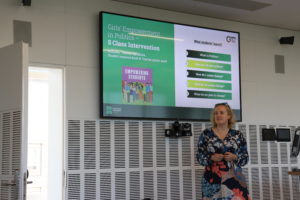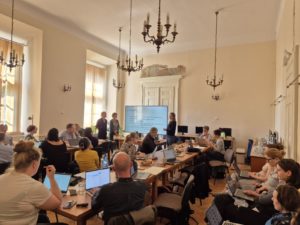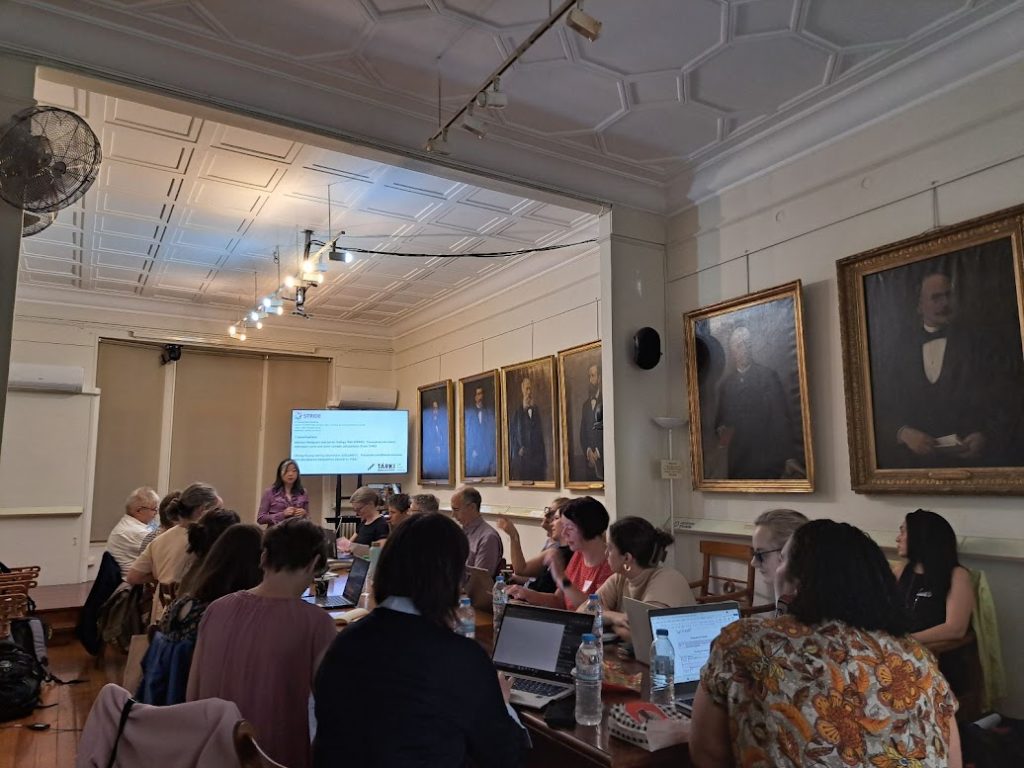Education is a crucial pillar for social mobility and the right to equal participation in public life. In Greece, one of the significant challenges is the education of the Muslim minority in Thrace, specifically in the Prefectures of Xanthi and Rodopi. This region is historically known for its multicultural and multilingual character. According to the Lausanne Treaty of 1923, particularly Article 45, the Muslim minority in this area is officially recognised and protected as a religious and linguistic minority.
Despite the principles of Intercultural Education and bilingualism that supposedly guide their education, significant inequalities persist due to historical, cultural, and linguistic factors. These inequalities impact the educational outcomes and career prospects of students from this minority, perpetuating a cycle of socio-economic exclusion. The main challenges faced by Muslim minority students include:
- Language Barriers: Students have the option to attend either Minority schools or mainstream schools. Those in Minority schools often struggle with mastering both Greek and Turkish, as instruction is provided in both languages. However, the lack of comprehensive and updated bilingual curricula hampers their academic progress.
- Poor Infrastructure and Lack of Specialised Teaching Staff: The absence of proper infrastructure, such as suitable school buildings, equipment, and educational resources, along with the lack of teacher training in Intercultural Education and Bilingualism, severely affects the learning experience.
- Limited Educational Prospects: Due to language barriers and the lack of targeted educational support policies, Muslim minority students have lower chances of accessing higher education. This limitation reduces their professional opportunities, reinforcing social and economic inequalities.
In conclusion, educational inequalities have profound social and economic implications. Limited access to high-quality education results in lower employment rates and restricted social mobility for minority students. Implementing appropriate, evidence-based educational policies that promote equal participation could significantly enhance social cohesion in the region and across the country.














